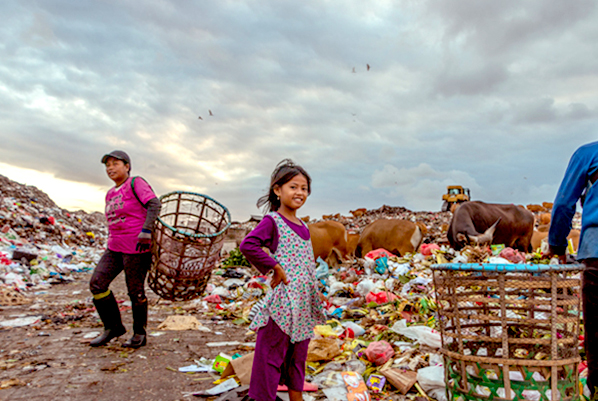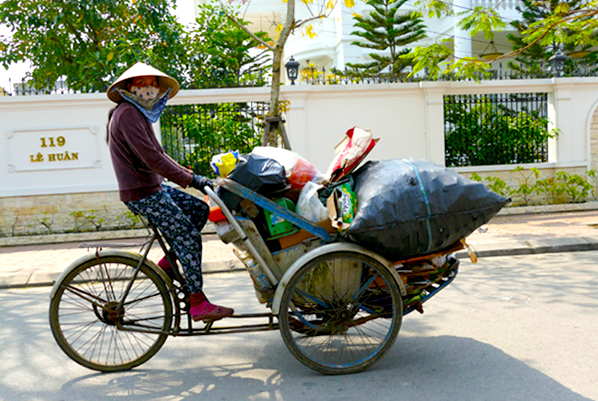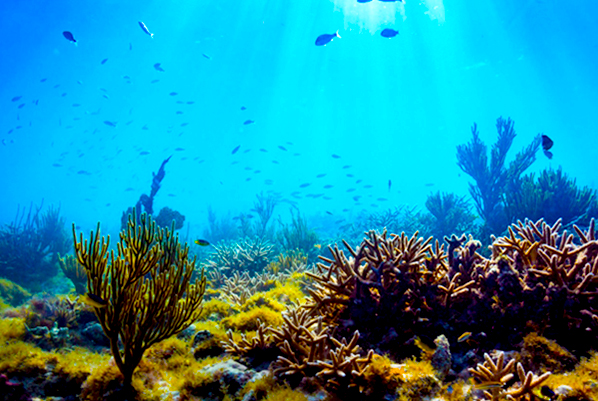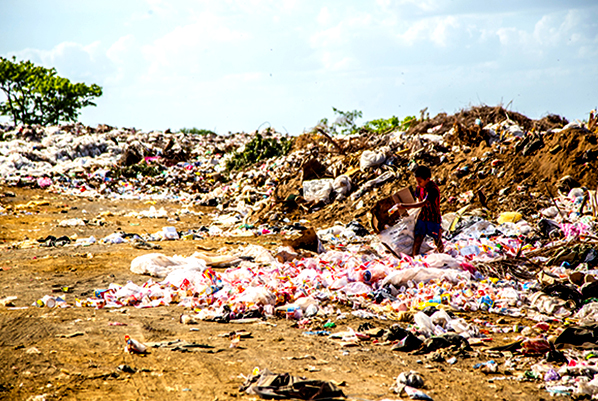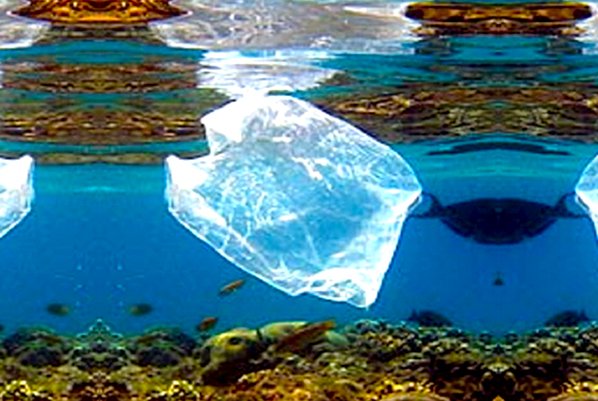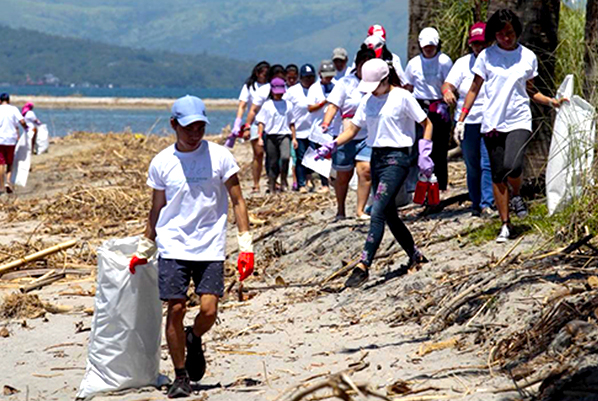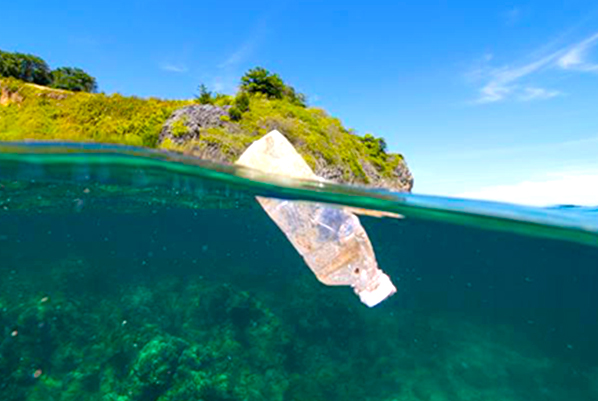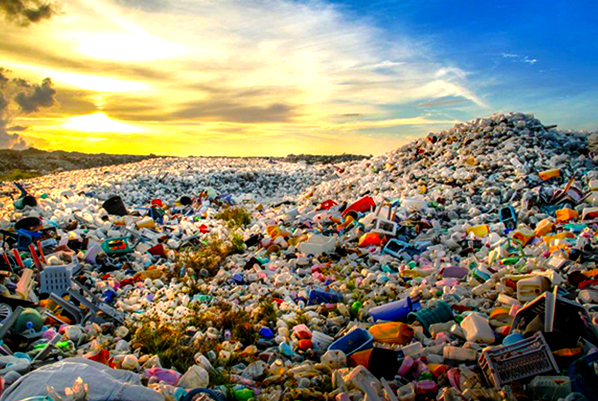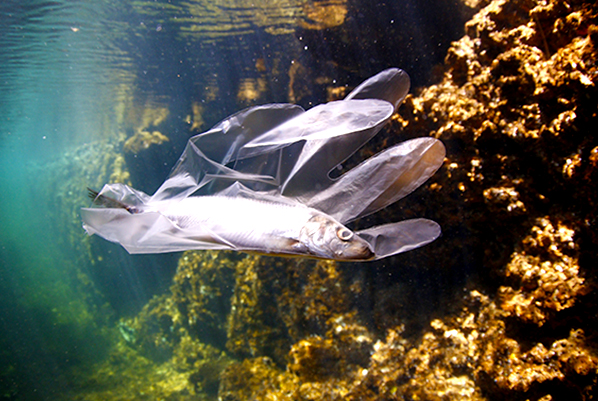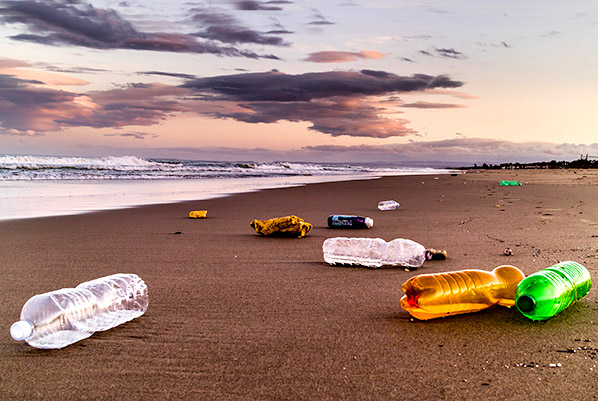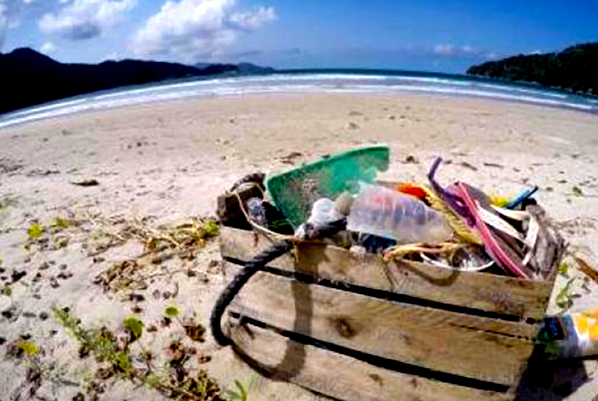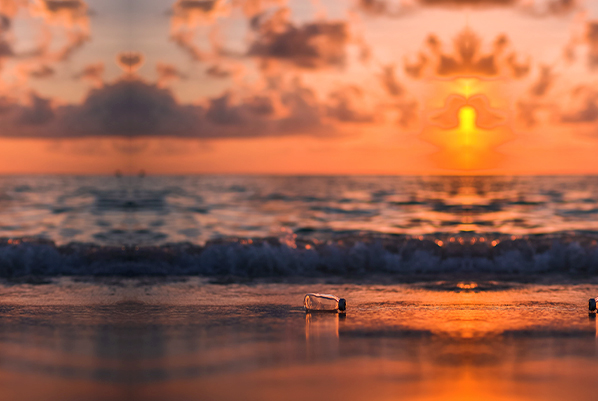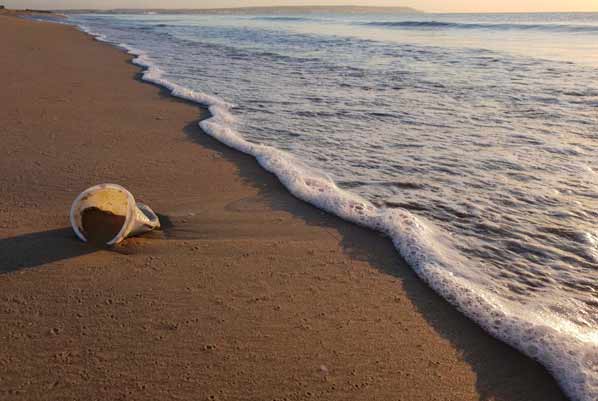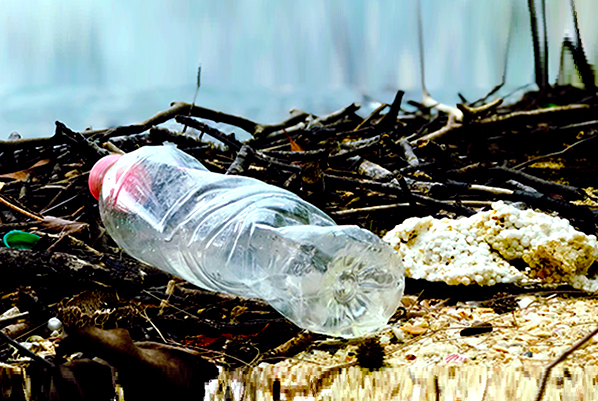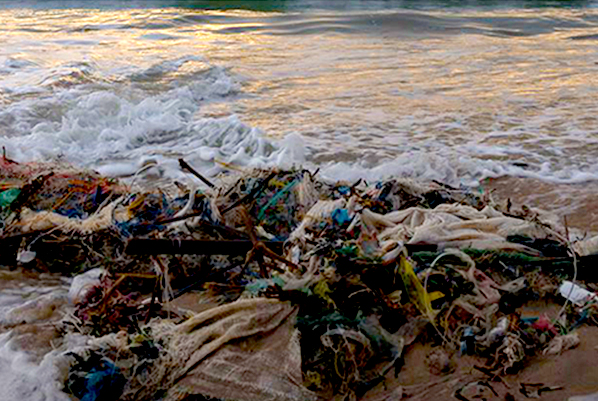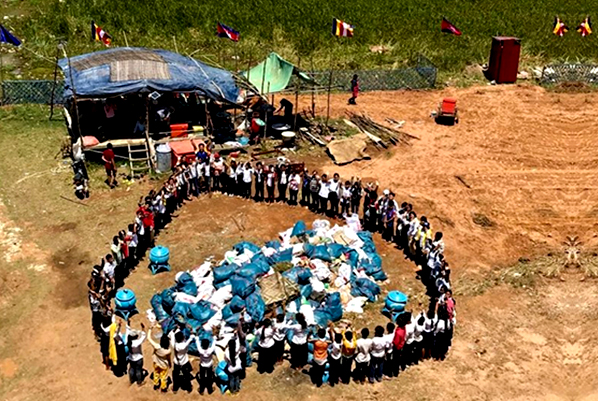
Marine Plastic Pollution Prevention 2020

(ICT)
24 November
25 November
26 November
(Virtual)
The Plastic Pandemic: Is less plastic wasted
even possible during COVID-19?
Financing to build back better: Risk and opportunities for investment in plastic pollution and marine litter reduction
How can we bridge
the science-policy
divide?
Efficacy of green
alliances (corporate-NGO partnerships) in
reducing plastic waste
(Virtual)
Making the most of
international and
regional
agreements and
mechanisms
Every little helps: Local innovation and small-scale solutions
off-the-grid
Environmental
innovation, digital
transformation and
frontier technologies
to tackle plastic
pollution
Taking responsibility:
Business models and
incentives for plastic
neutrality
Promoting partnership for combating marine
plastic litter in Viet Nam
Plastic protection without pollution
Localizing action:
Reducing plastic
leakage in cities and
municipal
waterways
Enhancing
recyclability through
better product design
in South-East Asia
Leaving no one
behind – Protecting
those most
vulnerable to
pollution in times of
COVID
Plastic pollution and the COVID-19 pandemic: A cohesive and responsive ASEAN
(Virtual)
Scaling up commitments that move the needle
(End of virtual SoS2020)


